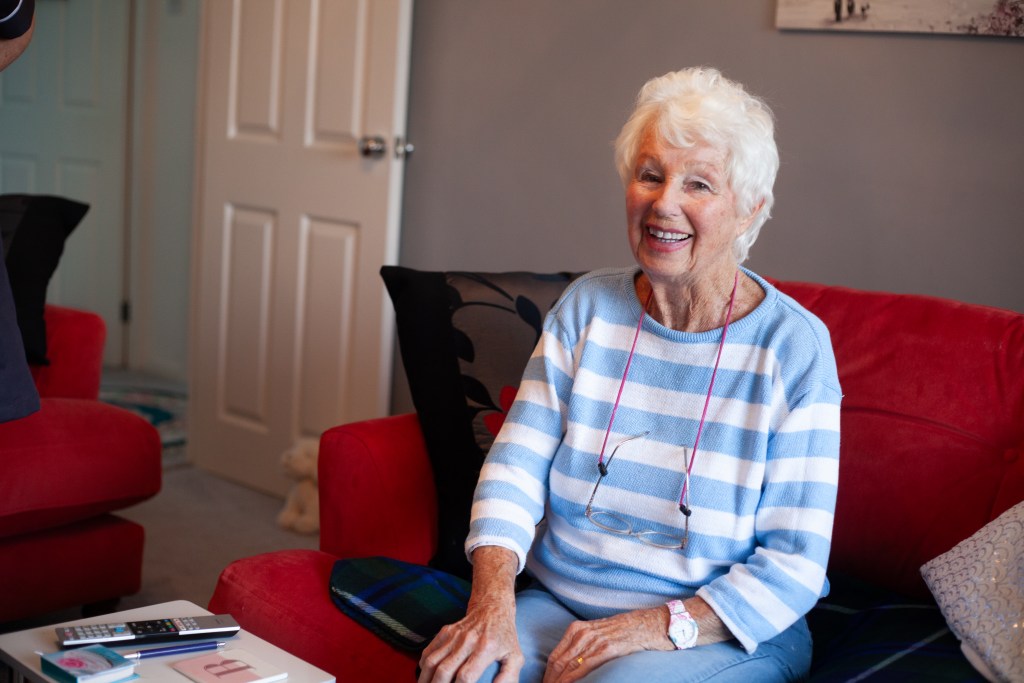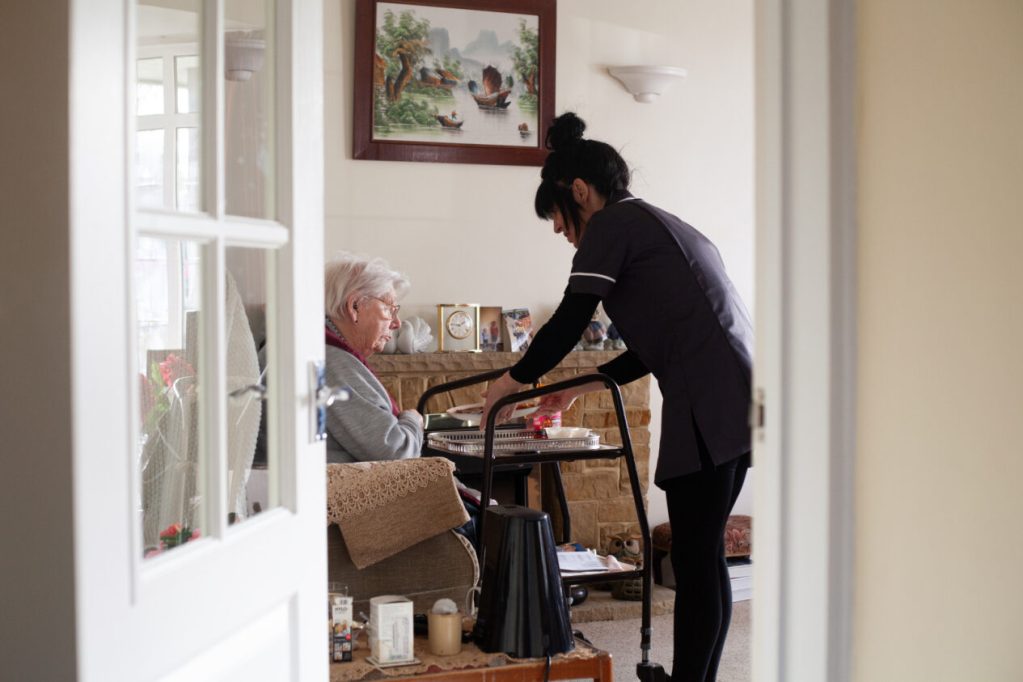How To Deal With Care Burnout: A Guide for Family & Professionals.
- Homelium

- Feb 24, 2025
- 2 min read
Updated: Jun 17, 2025

Caring for a loved one or working as a professional carer is one of the most rewarding yet demanding roles.
The emotional, physical, and mental toll of caregiving can lead to burnout—a state of exhaustion that affects both your well-being and the quality of care you provide. Recognising and addressing burnout is essential to maintaining your health and continuing to care for others effectively.

Signs of Carer Burnout
Burnout doesn’t happen overnight—it builds up over time. Common signs include:
Constant exhaustion, even after rest
Feeling irritable or impatient with the person you’re caring for
Frequent headaches, stomach issues, or muscle pain
Losing interest in activities you once enjoyed
Feeling hopeless, depressed, or resentful
Neglecting your own health and needs
If you recognise these symptoms, it’s time to take action before burnout worsens.
and Manage Carer Burnout
1. Prioritise Self-Care
Taking care of yourself isn’t selfish—it’s necessary. Try to:
Get enough sleep and eat a balanced diet
Exercise regularly, even if it’s just a short walk
Schedule breaks to relax and do something you enjoy
2. Ask for and Accept Help
Many carers feel they have to do everything themselves. This mindset can be overwhelming. Don’t hesitate to:
Delegate tasks to family members or friends
Consider respite care services for temporary relief
Join a support group to connect with others who understand your struggles
3. Set Boundaries
It’s easy to lose yourself in caregiving, but setting boundaries can help you maintain balance:
Learn to say no when you’re stretched too thin
Allocate specific times for caring and personal time
Be realistic about what you can and cannot do
4. Stay Organised
Feeling overwhelmed often comes from disorganisation. To reduce stress:
Use a planner or app to keep track of appointments and medication schedules
Create a daily routine to establish structure
Break tasks into smaller, manageable steps
5. Seek Professional Help
If burnout is affecting your health, don’t hesitate to reach out for professional support:
Explore local charities and organisations that provide support for carers, such as Carers UK or Age UK
Speak to your GP or a mental health professional for guidance
Consider hiring professional carers for additional assistance
"Caring for others is a beautiful responsibility, but you cannot pour from an empty cup. Prioritising your own well-being is not a luxury it’s a necessity."
Final Thoughts
Caring for others is a noble responsibility, but you cannot pour from an empty cup. Recognising the signs of burnout and taking proactive steps to care for yourself will allow you to continue providing compassionate care while maintaining your own well-being.
If you're struggling, remember—help is available, and you’re not alone. Reach out, set boundaries, and make self-care a priority.




Comments